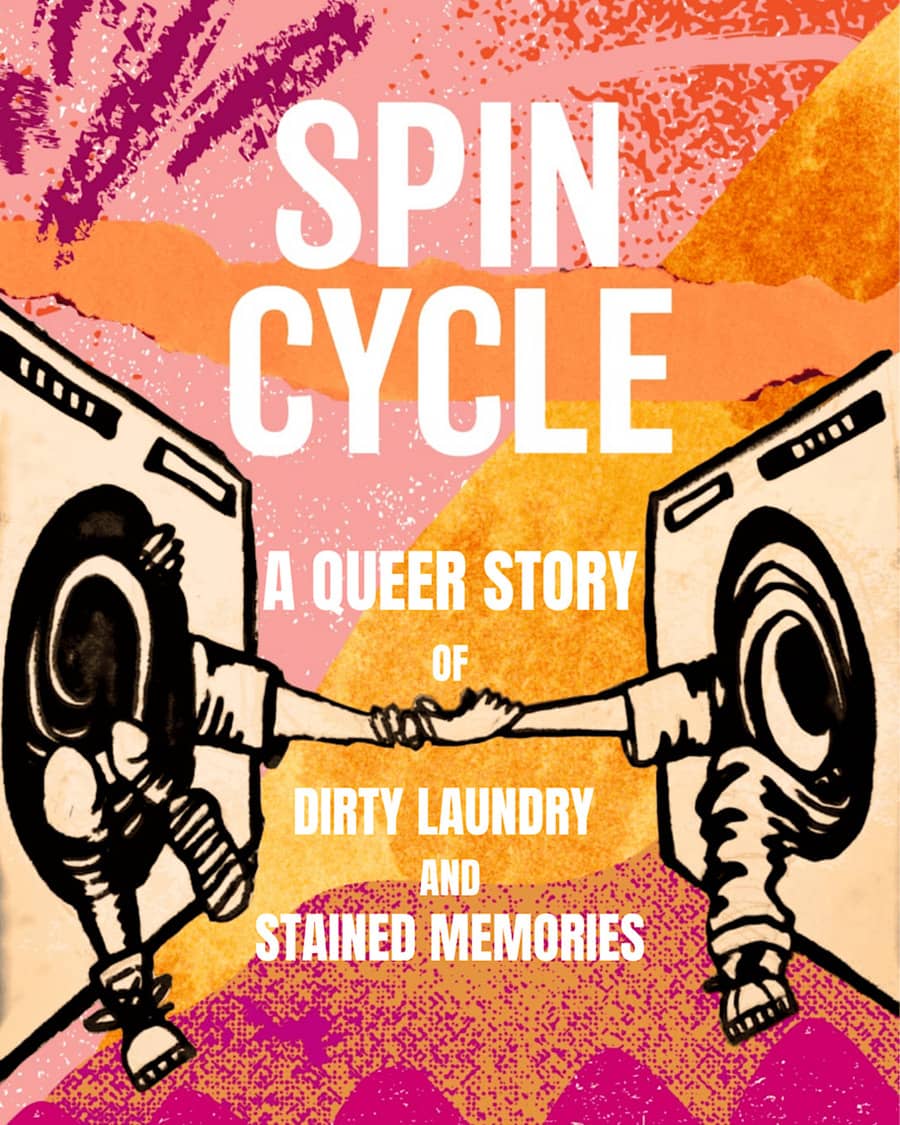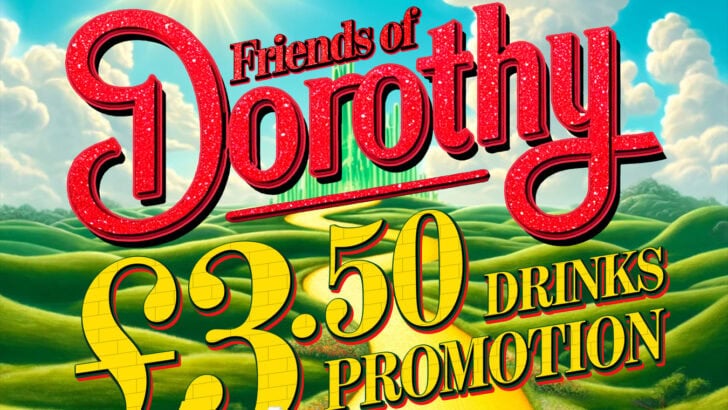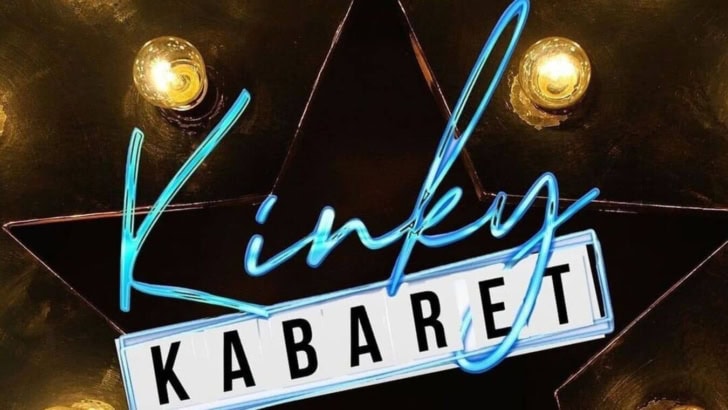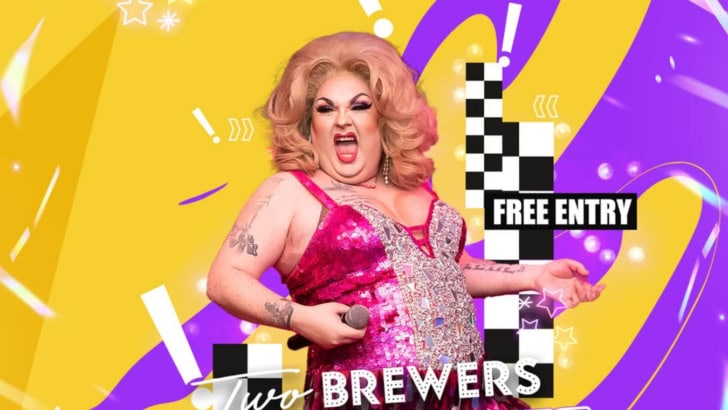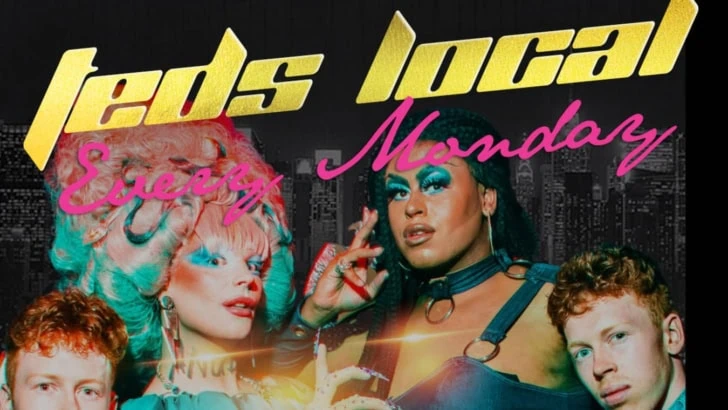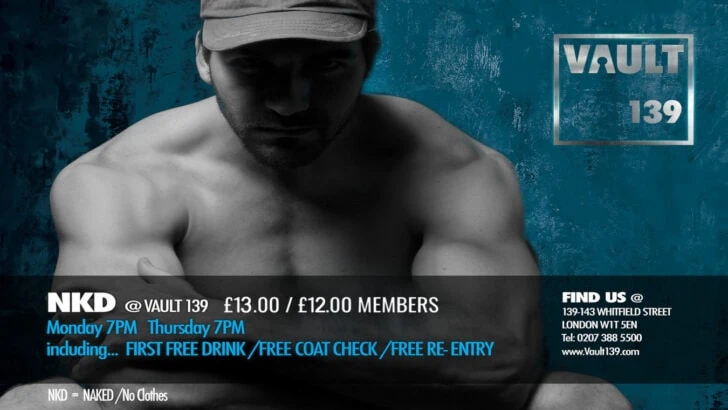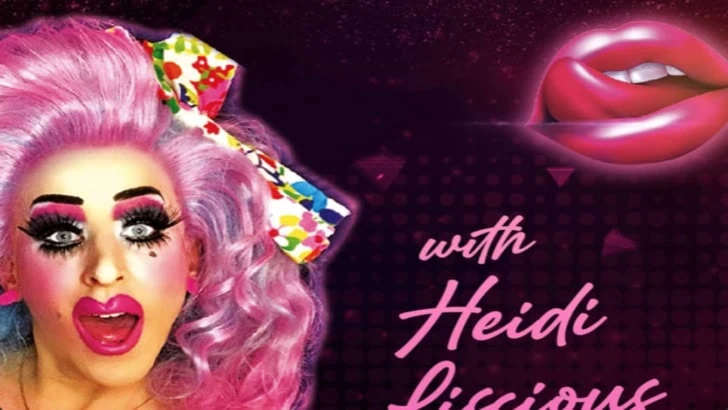QX Magazine spoke to intrepid drag fabulist, Dickie Beau, about his show at the Chelsea Theatre, Blackouts.
What can the audience expect from Blackouts?
It’s a very dreamlike piece of theatre, with a lot of nostalgic qualities. I think it’s quite an unusual take on familiar subjects and it is thoughtful whilst packing quite an emotional charge.
Where did the idea for the show come from?
The idea was born when I heard the ‘Judy Speaks’ tapes, of Judy Garland talking into a Dictaphone, making notes for a memoir that was never written. I made a short drag cabaret performance first of all, and then discovered the existence of tapes of Marilyn Monroe’s final interview so went to New York and met the journalist who conducted that interview. I struck up a rapport with him and the idea evolved as I got interested not just in Judy Garland, Marilyn Monroe and their status as icons, but also in the impressions that they left behind.
The show is billed as a study of icons in exile; why do you think so many superstars end up that way?
If the whole world holds you up as being a superstar, then there is a sense that you are regarded as superhuman. If most of the people you come into contact with are then in awe of you because of your celebrity, or talent, or whatever, then fewer and fewer people become available to relate to you simply as a human being. And even if you have a colossal talent, as Judy Garland did, or you have an iconic star status, like Marilyn Monroe, you nevertheless are still just a human being underneath, with flaws and desires and dreams like everyone else. But that becomes less easy for others to see, it’s eclipsed by this idea of the star, and I so maybe it’s inevitable that a very particular kind of isolation and loneliness will ensue.
Who were your childhood idols and why?
Judy and Marilyn were key because they both had a quality that I felt some kind of connection with. I can’t quite put my finger on exactly what it is, but I have a hunch that it has something to do with the fact that, since both of them had difficult childhoods (Judy was a child star, Marilyn grew up in orphanages) – in fact, you might say that neither had a real childhood at all – I think that as adults they then possessed very childlike qualities, almost as a kind of nostalgia for something they never had. I remember being aware that I was queer from an unusually early age, and I was quite serious as a child, in some ways quite adult-like. So, there’s something about them being paradoxical, contradictory in the adult-child dynamic that they both possessed which clicked with me.
How does this differ to your previous shows?
Well, this was my first long-form solo theatre piece after performing extensively in cabaret and nightclubs. I came from the theatre, so it marks a return to that world. What it also did was establish my “identity” in a way as a theatre maker.
• Dickie Beau will be performing Blackouts at the Chelsea Theatre until the 13th November. For more information please visit www.chelseatheatre.org.uk.
